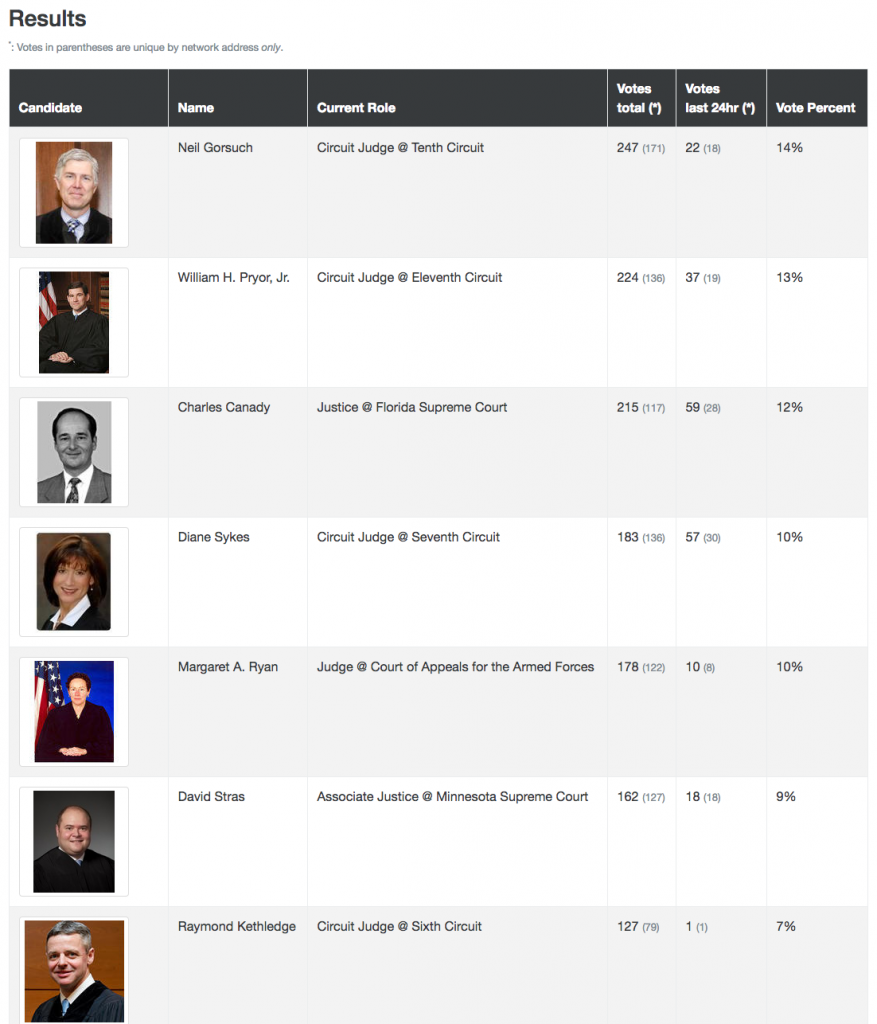Today the Supreme Court granted certiorari in three cases that consider what types of religious organizations can qualify for a “church” plan under ERISA. The plaintiffs in that case are challenging a 30-year-old IRS Rule. As I understand it, the Obama Administration did not file a brief in the lower courts, nor did it file a cert-stage brief. Before the Supreme Court, the Solicitor General will almost certainly have to file a merits brief. But who will submit it?
Thanks to the helpful calculations of Sean Marotta of #AppellateTwitter, the SG’s brief would be due on January 23, 2017–three days after the inauguration. At some point beforehand, the Solicitor General would usually meet with the Departments of Treasury, Labor, and other administration officials to determine the government’s position. But here we are at a crucial juncture. There is a strong chance that the Trump Administration would take a different position on the scope of church plans than the Obama Administration has. (I am already having awful flashbacks to ERISA from my Zubik writings).
In an ideal world, with a “successful transition,” the outgoing Solicitor General would coordinate with the incoming Solicitor General, so that a brief could be timely filed on January 23. Or, alternatively, there could be some sort of coordination, and the Court can be asked for an extension. Sean noted that with an extension, top-side amici would be due on February 6, which would be tight to still argue this term.
What that meeting would look like is complicated. Officials who are not yet confirmed–such as the incoming Solicitor General, Solicitor of Labor, and Secretary of the Treasury–would attend meetings that are protected by the attorney client privilege. Does anyone have any insights into how this role was performed by the Bush and Clinton administrations?
Worse-case scenario would be an Obama brief filed on January 19, and promptly withdrawn by the new SG (Noel Francisco?). This would not be unprecedented.
For example, the Bush Administration filed a cert petition in EPA v. NJ on August 8, 2008. On February 6, 2009–two days after it was distribued for conference–Acting Solicitor General Edwin Kneedler moved to dismiss the petition.
Since the petition for a writ of certiorari was filed, EPA has decided, consistent with the court of appeals’ ruling, to develop appropriate standards to regulate power-plant emissions under Section 7412. In light of EPA’s decision, the government no longer seeks review of the court of appeals’ holding that Section 7412(c)(9) provides the sole mechanism for delisting power plants as a covered source category.
In other words, the Obama administration–upon further reflection/election–decided to reverse the prior President’s environmental policy. The Court obliged and dismissed the case.
Jon Adler’s tweet is on point:
@AlisonFrankel Obama administration withdrew Bush cert petition in big enviro case (NJ v EPA) and SCOTUS didn’t bat an eye 2/2
— Jonathan H. Adler (@jadler1969) November 26, 2016
